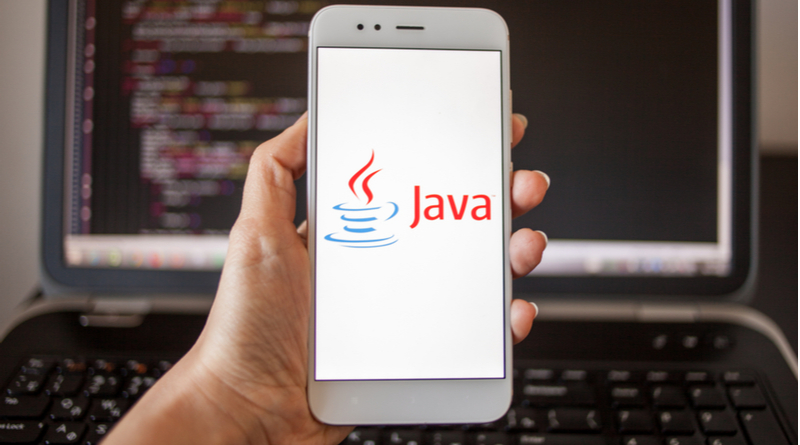Considering A Java Training Course?
Java is everywhere. From Android apps and web server tools to business software, Java has in a way, been the cornerstone of the Internet revolution.
A tremendous amount of apps and websites will not work unless you have Java installed, and more will be developed every day. Denying yourself Java is like denying yourself access to technological infrastructure. Java is valued for its speedy performance, security, and reliability.
Java has been tested, modified, expanded, and validated by a committed Java community of developers, architects, and experts. Dating back almost two decades, Java has consistently evolved over the years.
The fundamental concept that has allowed Java to succeed is the willingness of developers and coders to continually update the model to compete against modern technical standards.
Although the world of technology is constantly evolving at a tremendous pace, people – especially coders, have an unfortunate tendency to forget the theories that have influenced the abundance of modern technology. The origins of it all. That’s why Java is significant, not just because it continues to be a crucial and indispensable programming language today, but also because it shapes the way that technology will unfold in the next two decades and continues to unfold for the unforeseen future.
Some interesting Java statistics:
- 97% of Enterprise Desktops run Java.
- There are 9 Million Java Developers worldwide.
- Java is the number 1 choice for developers.
- Java continues to be the most used development platform.
- 3 billion mobile phones run Java.
- 100% of Blu-ray Disc Players Ship with Java.
- There are currently over 5 billion Java Cards in use.
- 125 million TV devices run Java.
What Is Java?
Java is a programming language, designed to be concurrent, class-based, and object-oriented, as well as a computing platform. The Java programming language was originally developed by Sun Microsystems and was initiated by James Gosling and published as a core component of Sun Microsystems’ Java platform in 1995.
Today, Java is required to run and develop a variety of applications, such as games, social media applications, video applications, and more.
Java is designed to enable the development of portable, high-performance applications for the widest possible variety of computing platforms, thereby enabling the fundamental principles of overall usability as well as cross-platform interaction.
What Can I Use Java For?
With the evolution of Java and its widespread popularity, numerous configurations have been designed to accommodate different platform types.
To developers, Java has become essential by allowing them to:
- Write the software on one platform and run it on almost every other platform.
- Build programs that can run on a web browser and access the available web services.
- Build server-side applications for online forums, shops, surveys, HTML form processing, and more.
- Combine Java-language applications or services to build highly specialized applications or services.
- Write effective and efficient applications for cell phones, remote processors, micro controllers, wireless modules, sensors, gateways, consumer goods, and virtually every other electronic device.
Career Opportunities
Based on the above information, it is both sensible and lucrative to look for a career in Java as a software developer. A strong community and increasing popularity among programmers indicate that Java is set to remain the first option for most businesses. So, java job prospects wouldn’t disappear anytime soon.
A great career in Java does not come easy, even with the growing number of jobs. You will always need something to stand out from the crowd. If you’re serious about doing a Java course, check out courses near you in the Nightcourses.co.uk national course finder.







